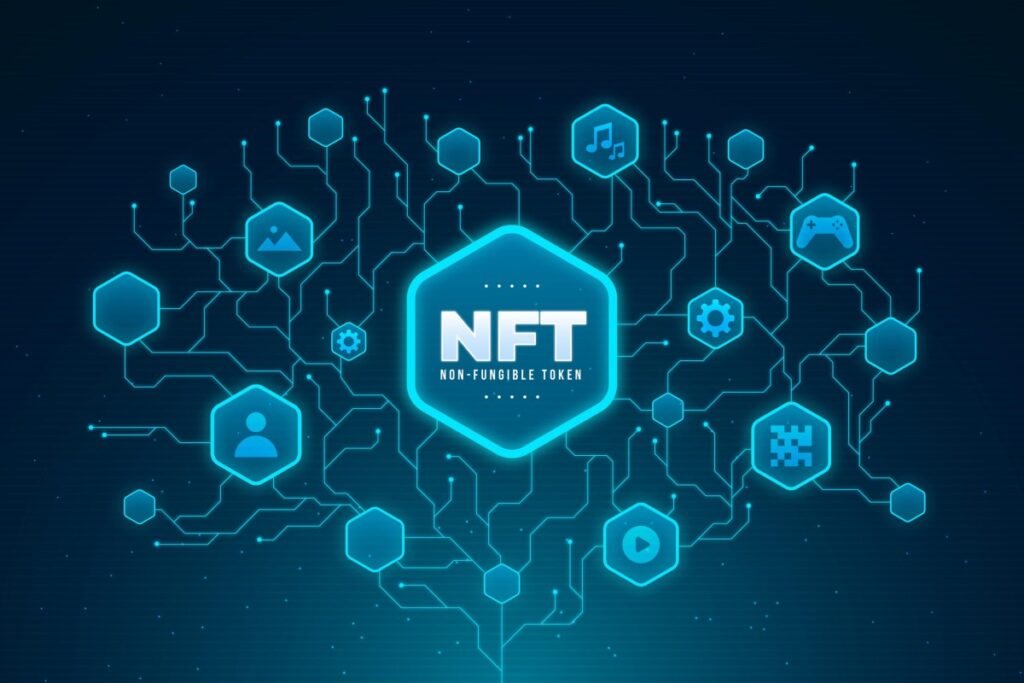In recent years, NFTs (Non-Fungible Tokens) have emerged as a technology used to represent the uniqueness and ownership of digital art and other digital assets. NFTs assign a unique identity to digital assets through blockchain technology, enabling traceability and verification of these assets.
The biggest distinction of NFTs is that unlike fungible digital assets, they are one-of-a-kind. For example, fungible assets like cryptocurrencies are interchangeable units. However, NFTs are individually created and each possesses a unique identity, history, and proof of ownership.
The popularity of NFTs has revolutionized the digital art world. Artists tokenize their digital artworks in the form of NFTs, giving these artworks a unique value and a sense of ownership. This has provided digital artists with opportunities to generate income in ways previously not possible. Art enthusiasts, on the other hand, can purchase NFTs to build their digital collections and enjoy the experience of owning unique pieces.
The utility of NFTs extends beyond art. They are utilized in various domains, including digital collectible cards for sports teams, unique versions of music tracks, digital property in virtual worlds, and even real estate tokenization. This technology enables the representation of digital assets in a tradable, transparent, and reliable manner.
However, the rapidly growing popularity and commercial potential of NFTs have also sparked some debates. Issues such as energy consumption, environmental impacts, and copyright concerns surrounding art pieces have raised questions about the future sustainability and ethical use of NFTs. These challenges need to be addressed through further development of the technology and the establishment of regulations.
In conclusion, NFTs are making a significant impact in the digital world by representing the uniqueness and ownership of digital assets. Their usage is expanding in art, entertainment, sports, and many other domains. However, considerations regarding the sustainability of the technology, ethical use, and regulatory frameworks are also crucial.
